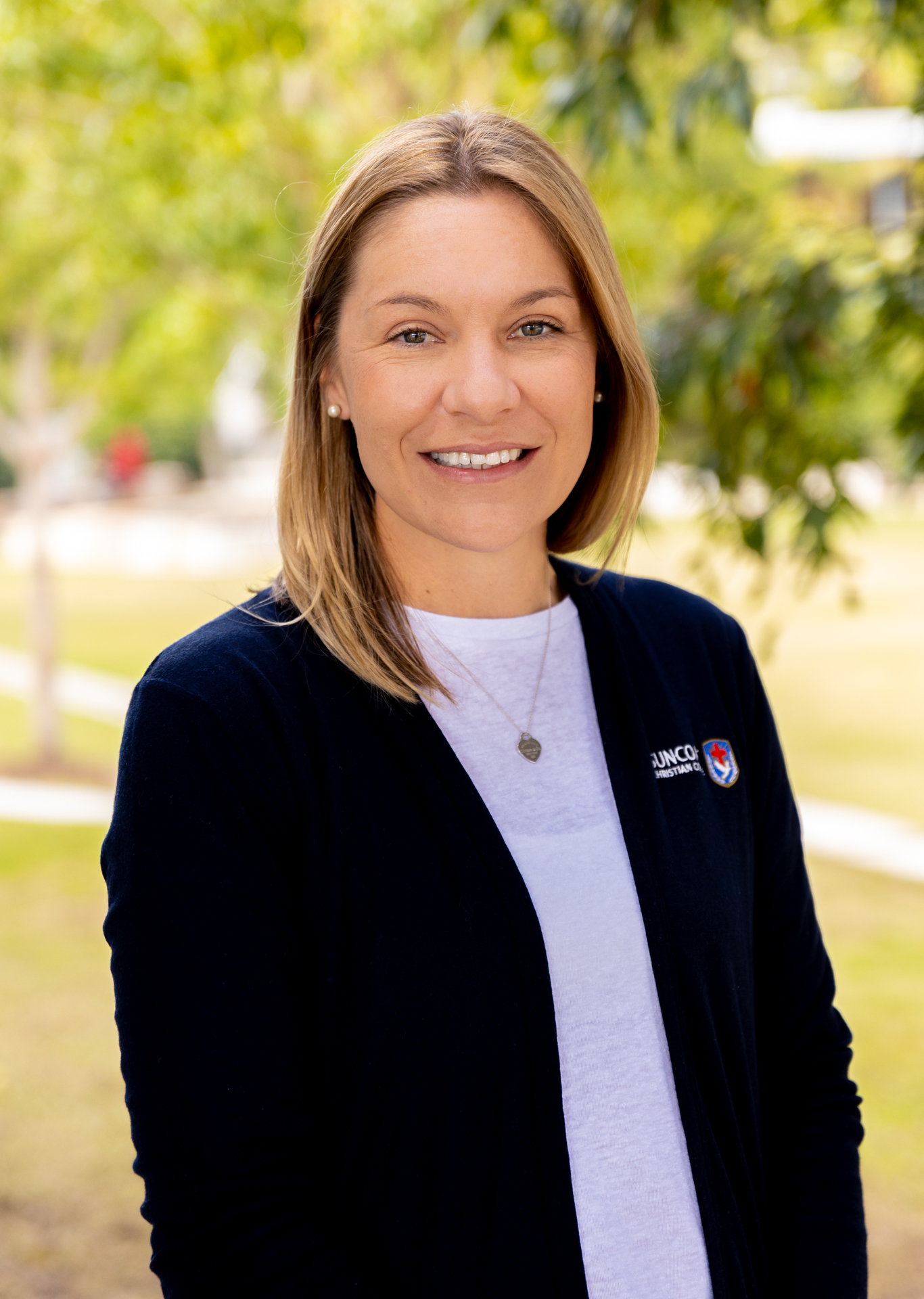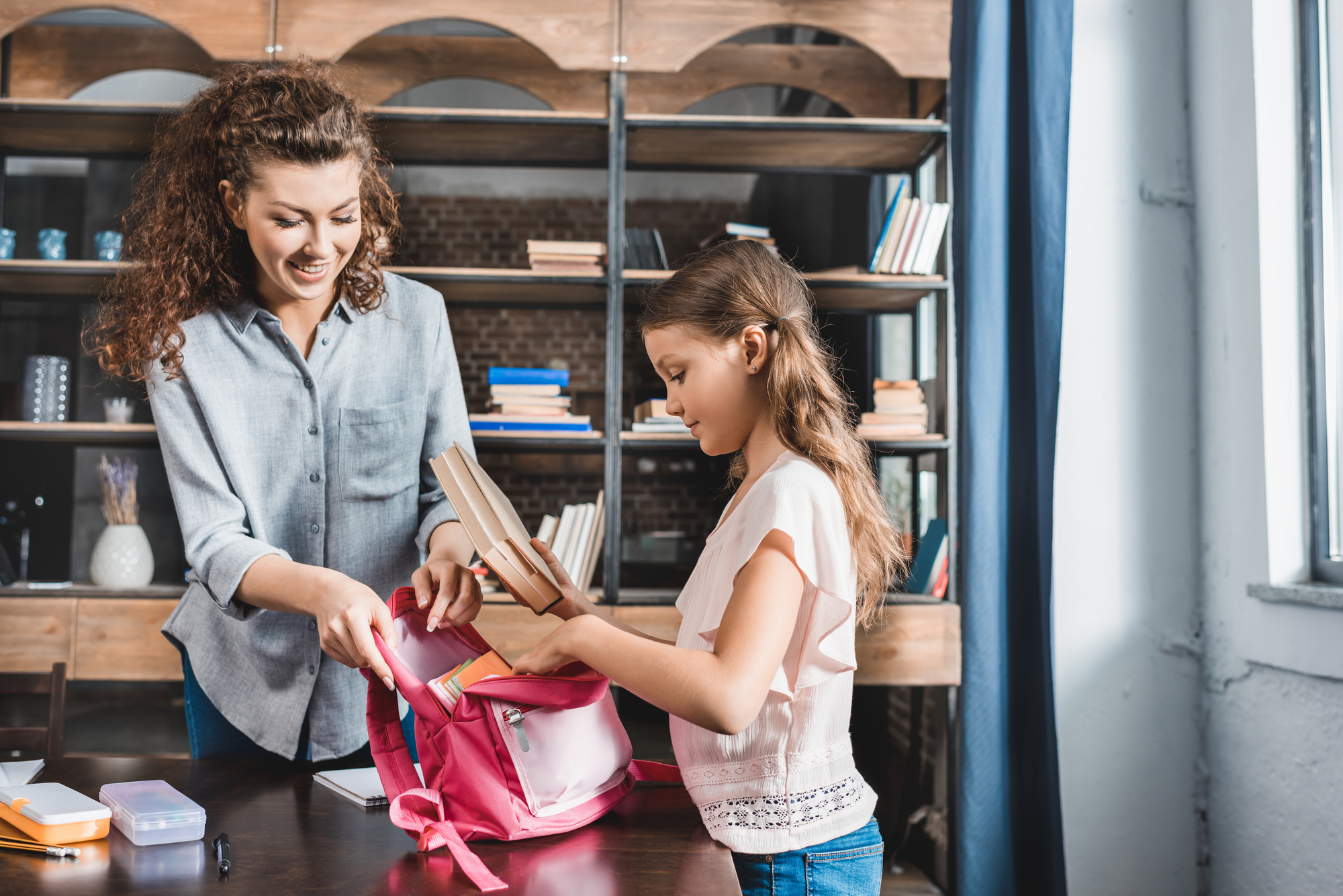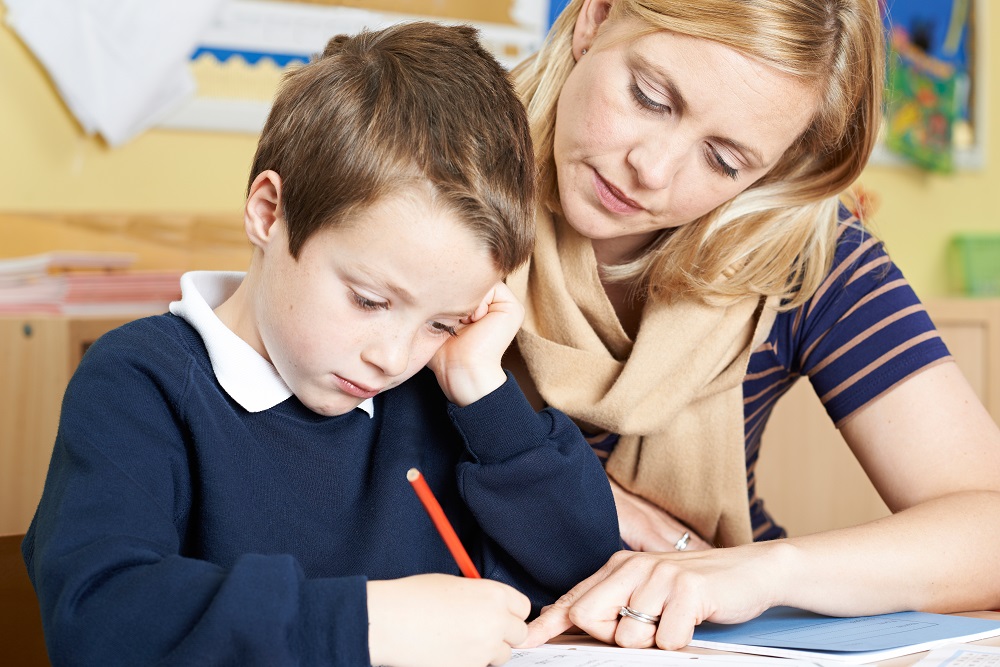By Liana Simpson, Suncoast Christian College
With the 2023 school year fast approaching, there is no better time to start preparing your child for their first day at primary school. While each child is different, there are a few universal ways that you can help your child feel at ease when they first step into the schoolyard.
Make school an exciting opportunity
Although starting school can be stressful for children, it’s also the start of an exciting period of growth and development. When you mention school to your child, make an effort to use positive language that emphasises the fun, interesting, or exciting opportunities they will experience.
This could be anything from talking about how they will make new friends or telling them about all the fun activities they will get to do in class, such as painting, drawing, or playing sports.
Getting your little one involved in the process of preparing for school is also a great way to establish positive feelings towards the transition. Take them shopping for their stationery and give them the freedom to choose things like a pencil case, lunch box, or backpack they love. Not only will this give them something to look forward to, but it can also help children feel empowered when they may feel overwhelmed or out of control.
Keep it realistic
When your child’s fears build up, it can be easy for their imagination to take them to unlikely and often irrational places. Help your child come back down to earth by keeping their expectations realistic and straightforward.
Do your best to persuade them that school isn’t a big scary place, it’s just a normal, everyday part of growing up. Use this conversation as a chance to explain how school is a great way to meet new friends and teachers, and paint a clear picture of what a typical day might look like. If your child has older siblings, recruit them to paint a positive picture of school life.
Talk openly about good learning behaviours like following instructions or being confident enough to ask questions. Build their excitement around all the new things they will learn, but be careful to manage expectations – since abilities such as reading can take up to three years to master.
Verbalising their needs
Once your child is at school, they will suddenly be responsible for verbalising their own needs – in many cases, for the first time. You can begin to build this skill at home by encouraging them to ask for what they want, rather than constantly trying to interpret their needs.
Use every experience as a learning opportunity. For example, if your child needs to go to the toilet, let them know that all they need to do is ask. This simple lesson can avoid a traumatic accident in the new school environment.
Make the transition quick and deliberate
When the first day finally arrives, make sure that your child understands the new routine. Explain that you will drop them, leave and return after a certain time. This will help them to know in advance how the new day runs.
Help your child (and their teacher) by not drawing out the goodbye. While initial goodbyes are tricky, they can be much more traumatic for both parents and children if they are prolonged and drawn out. Simply say goodbye to your child and then leave swiftly without lingering.
Your child’s first step into the world of school can be a stressful time for the whole family. The good news is that with the right preparation in place, they will find themselves quickly adapting to their new routine.

Liana Simpson is Head of Teaching and Learning for prep to Year 6 at Suncoast Christian College, located on Queensland’s Sunshine Coast. Established in 1979, the College is known for its sense of community and true commitment to excellent Christian education for Sunshine Coast families.









